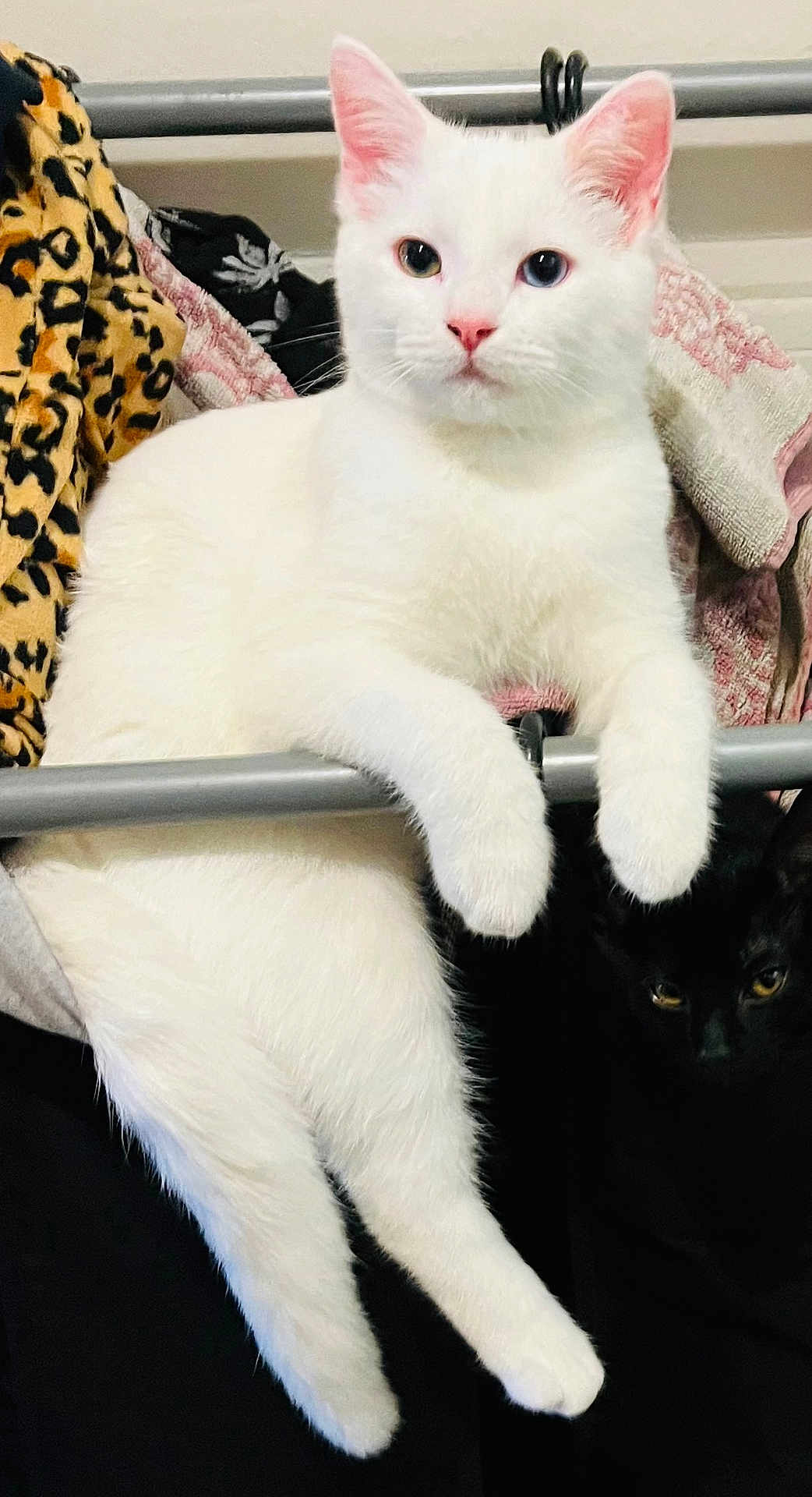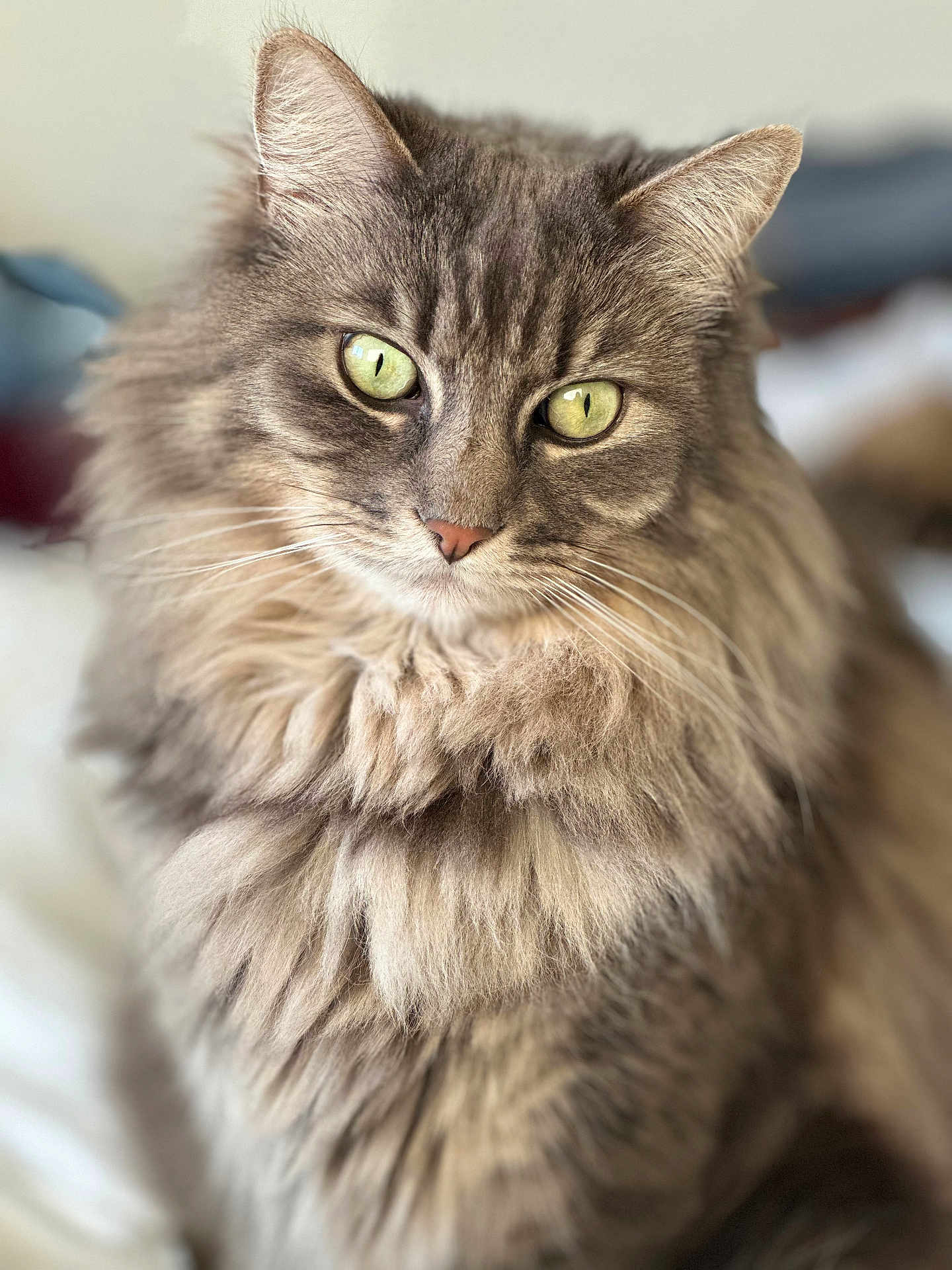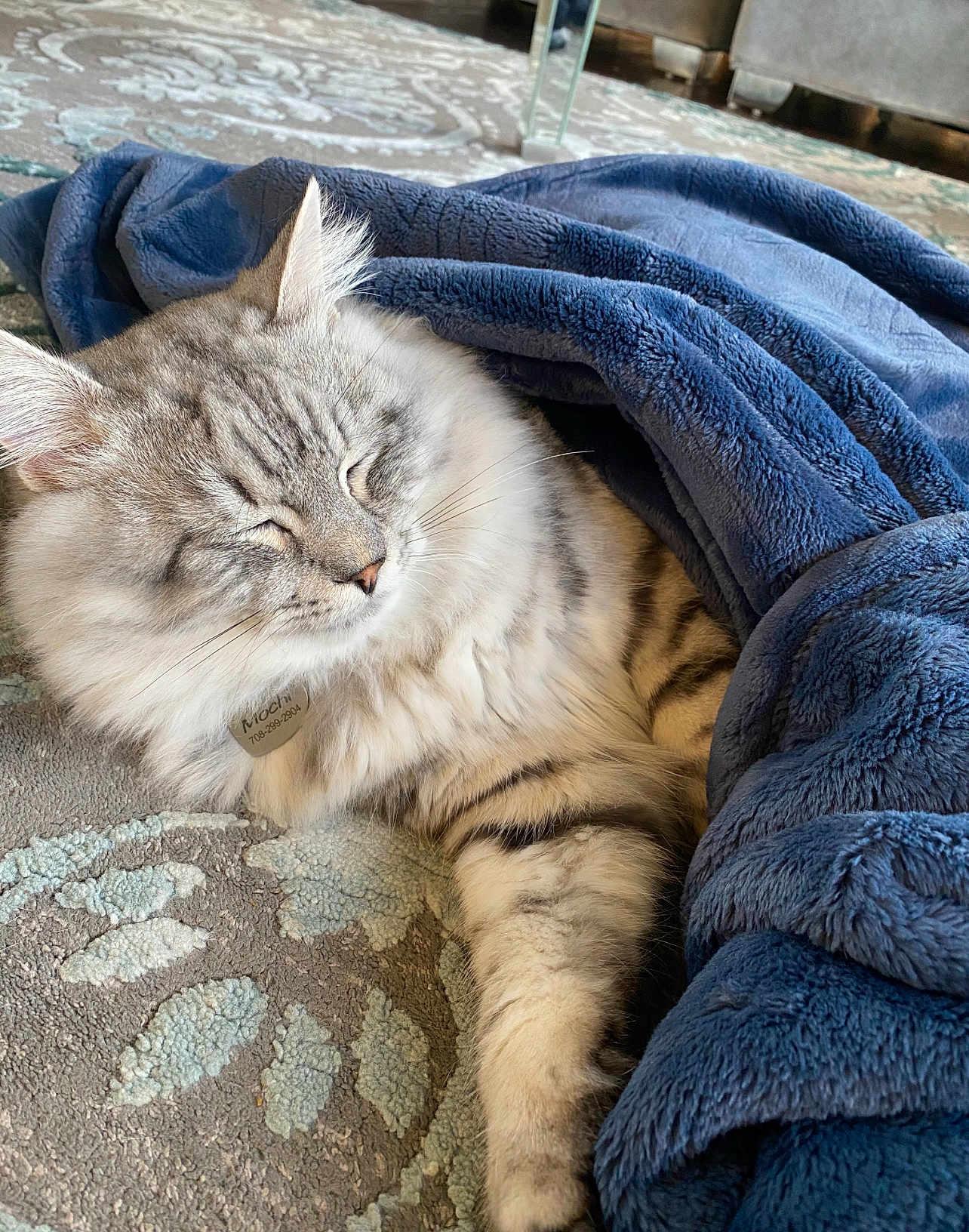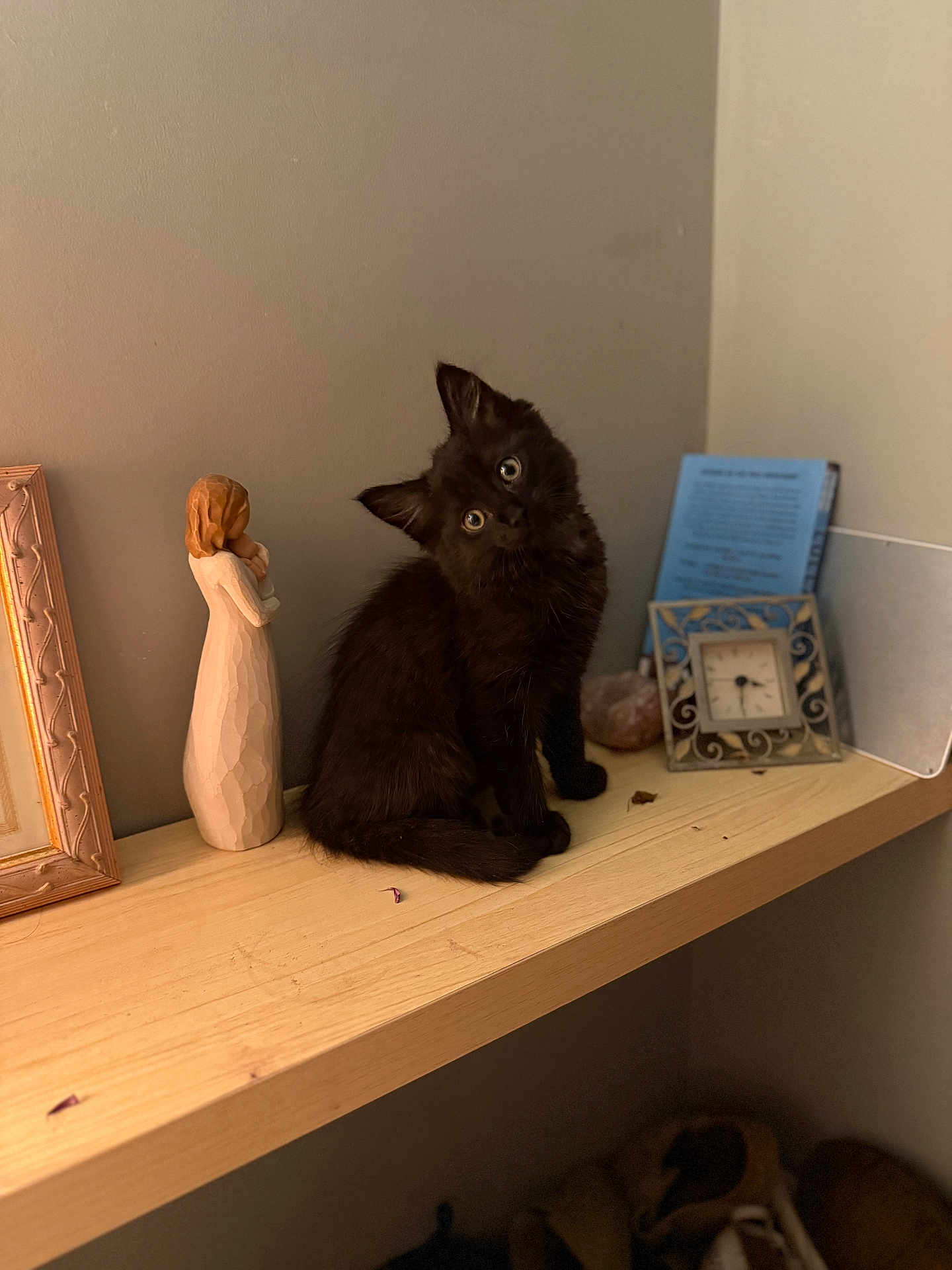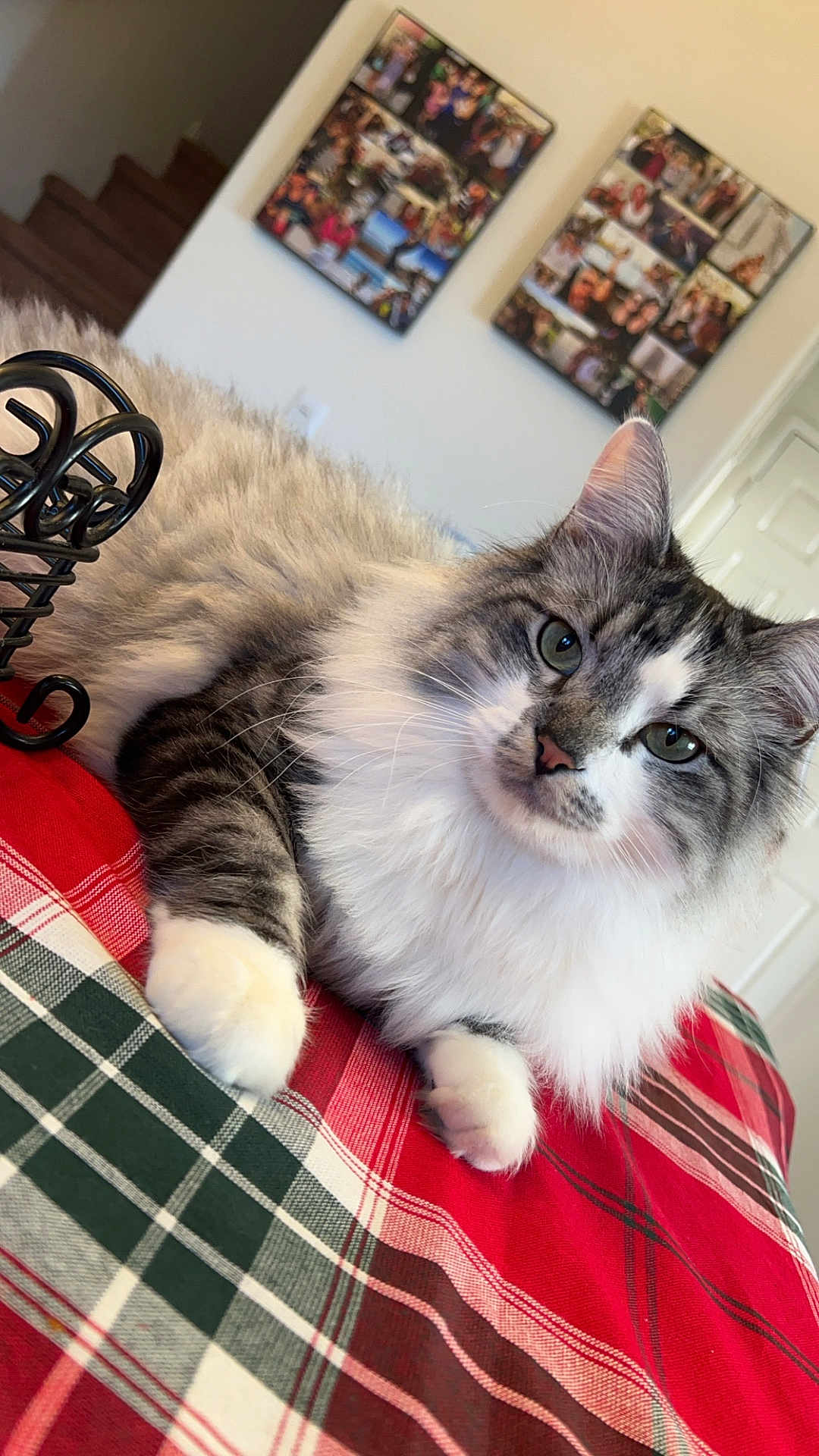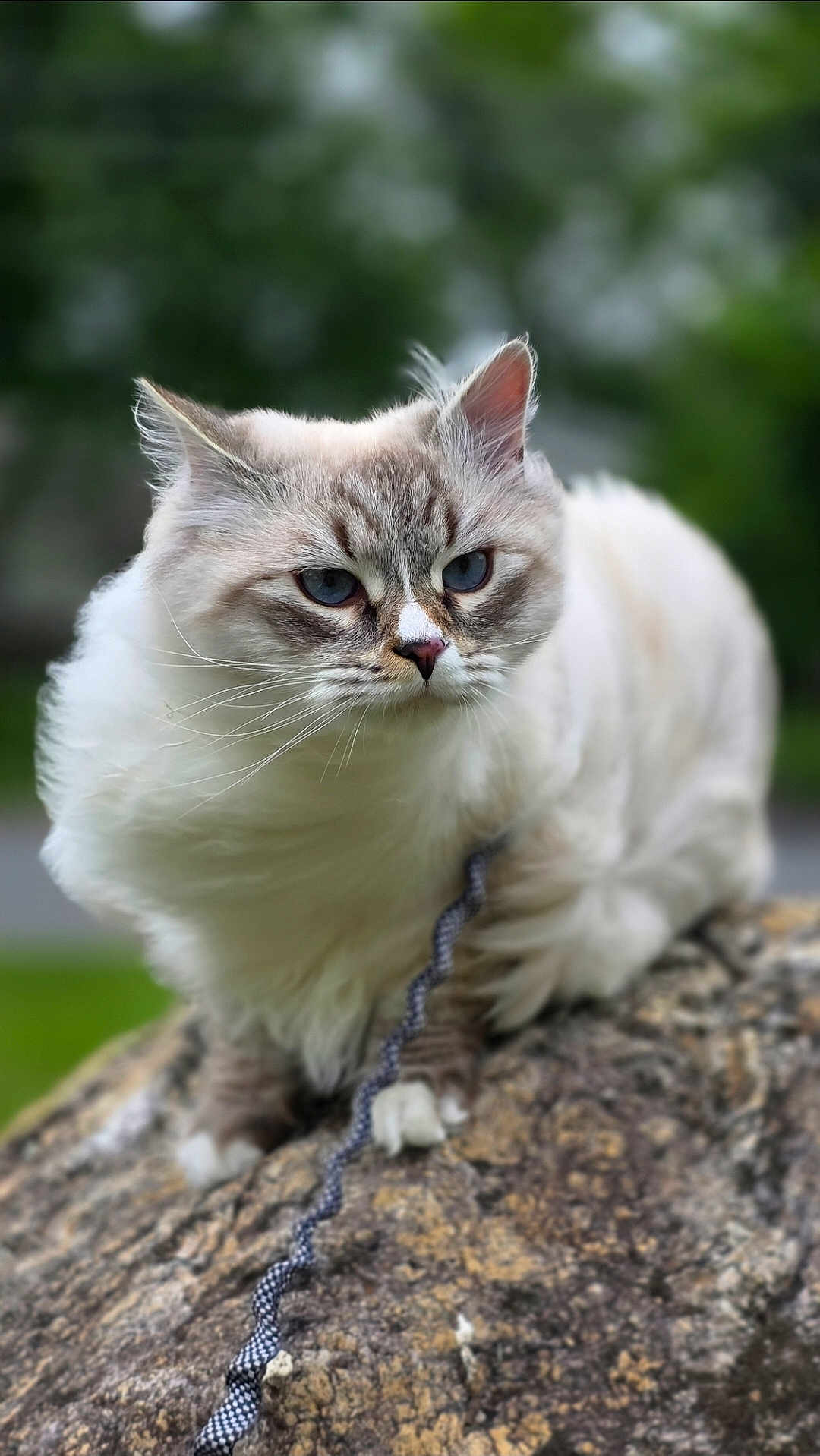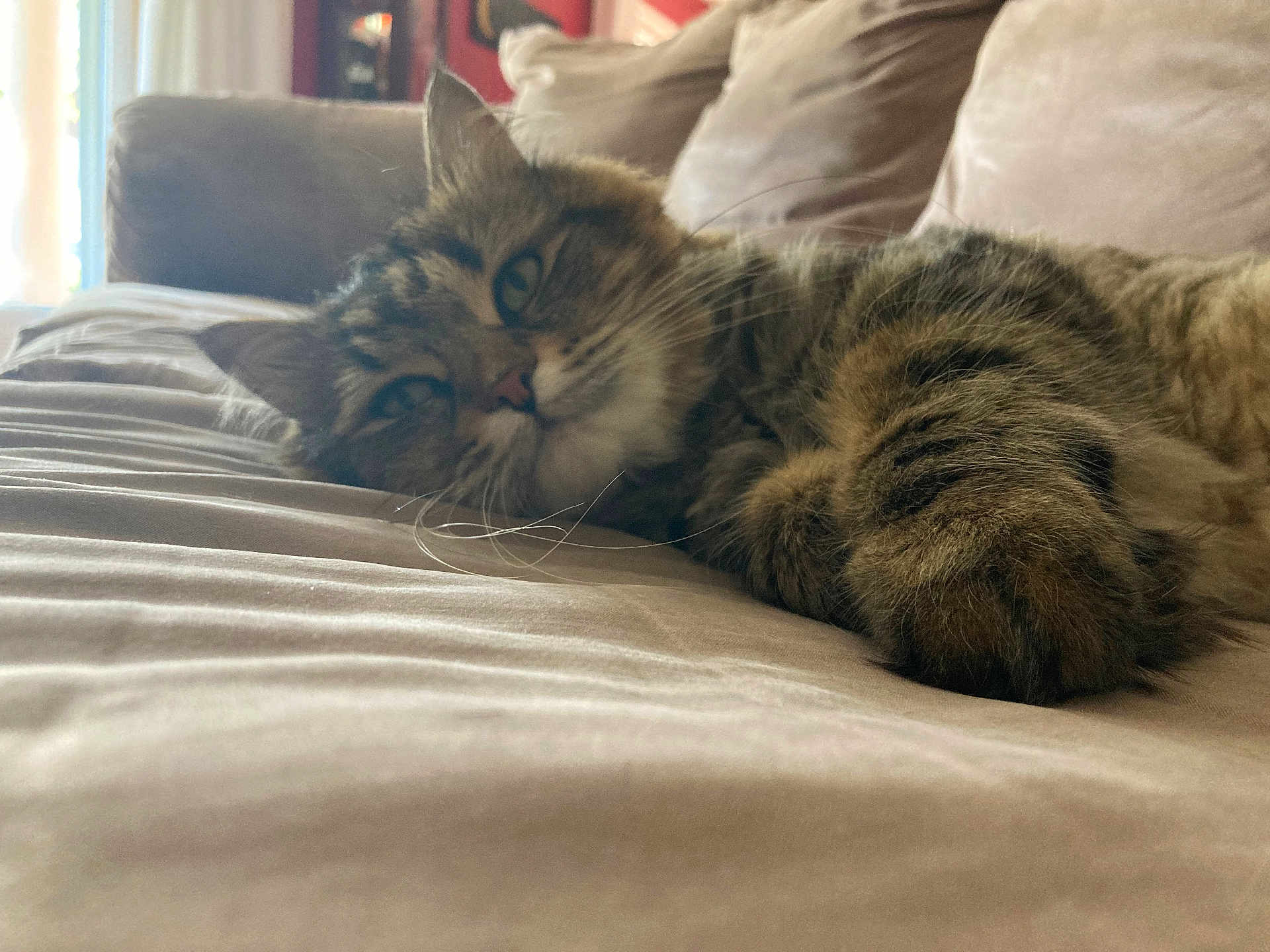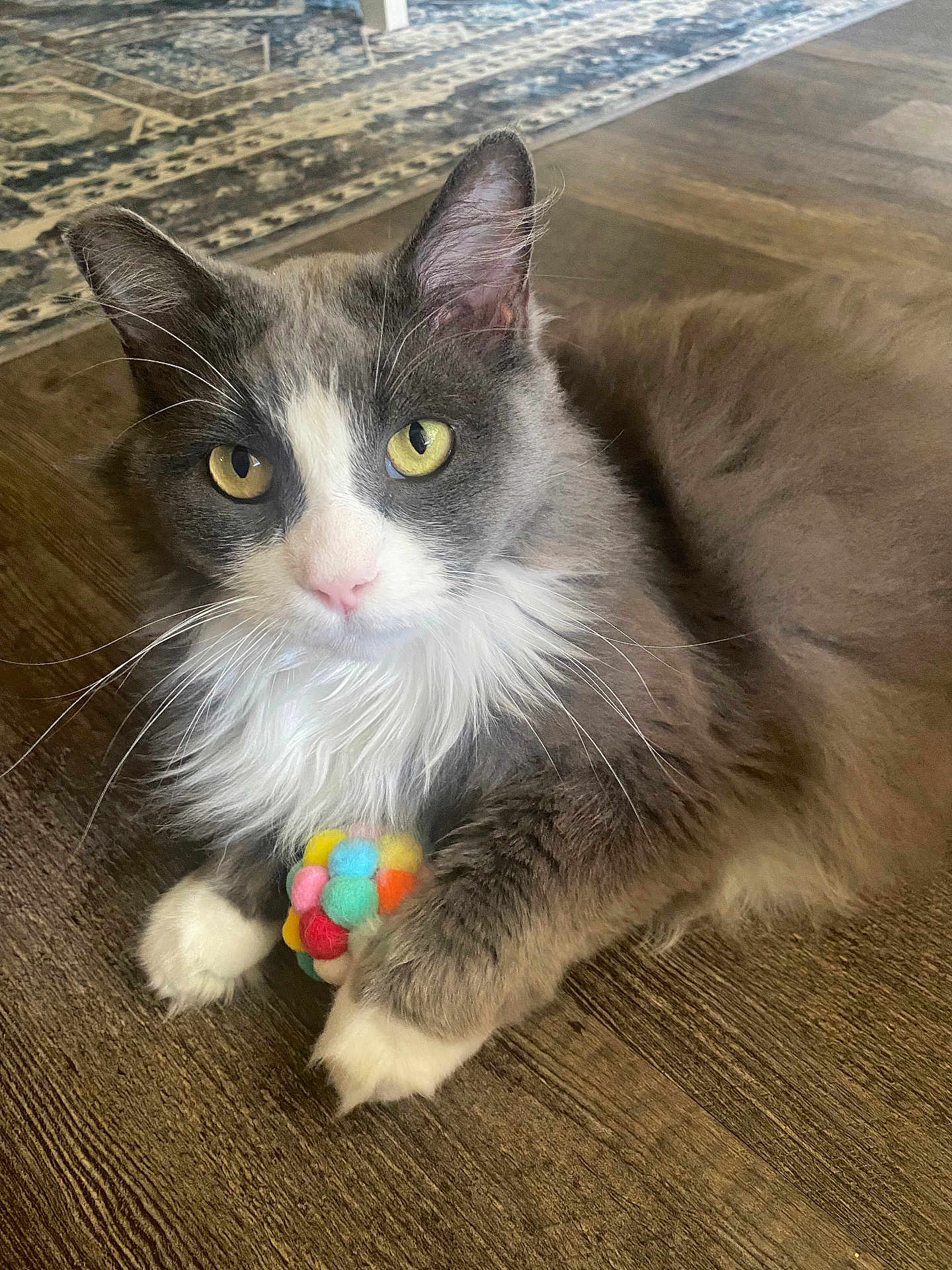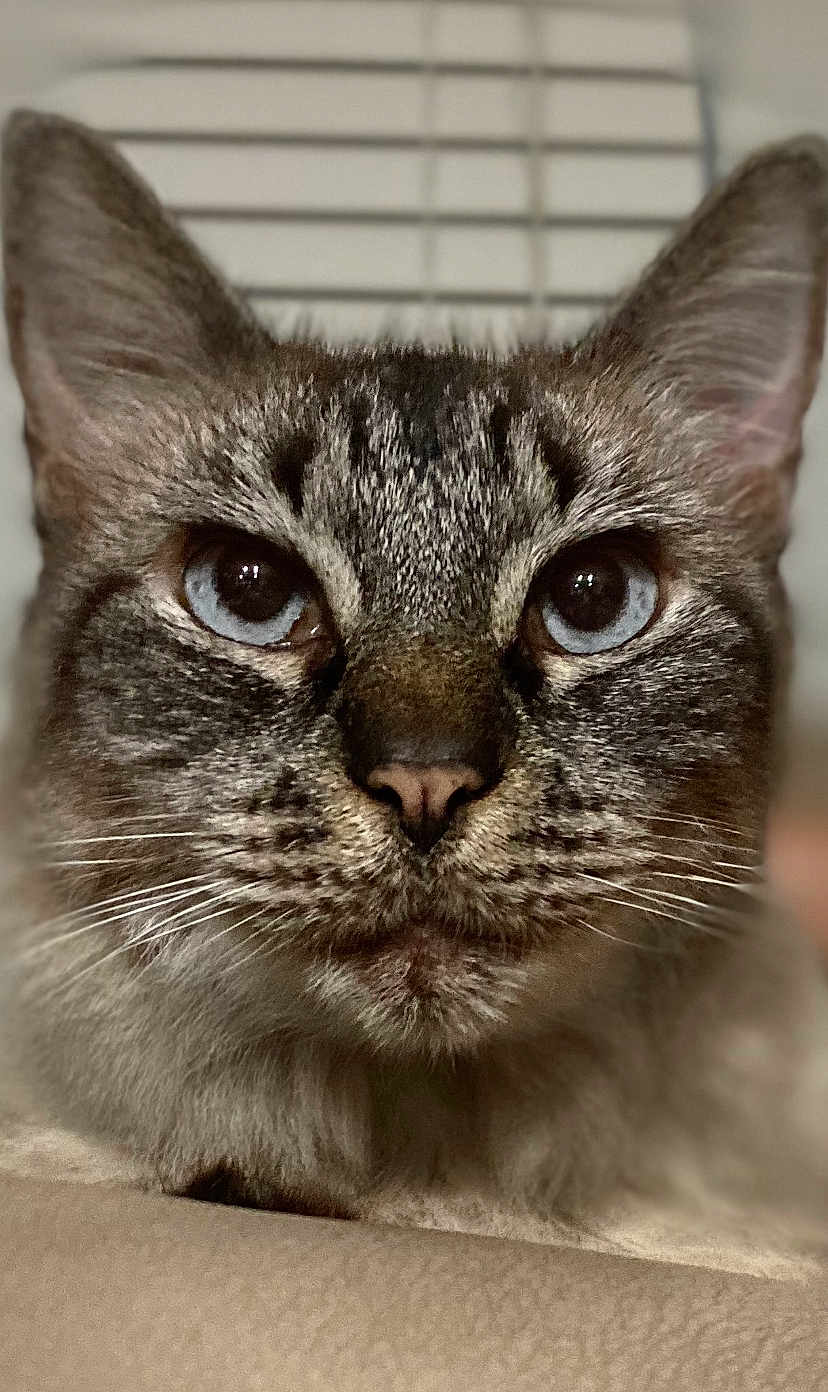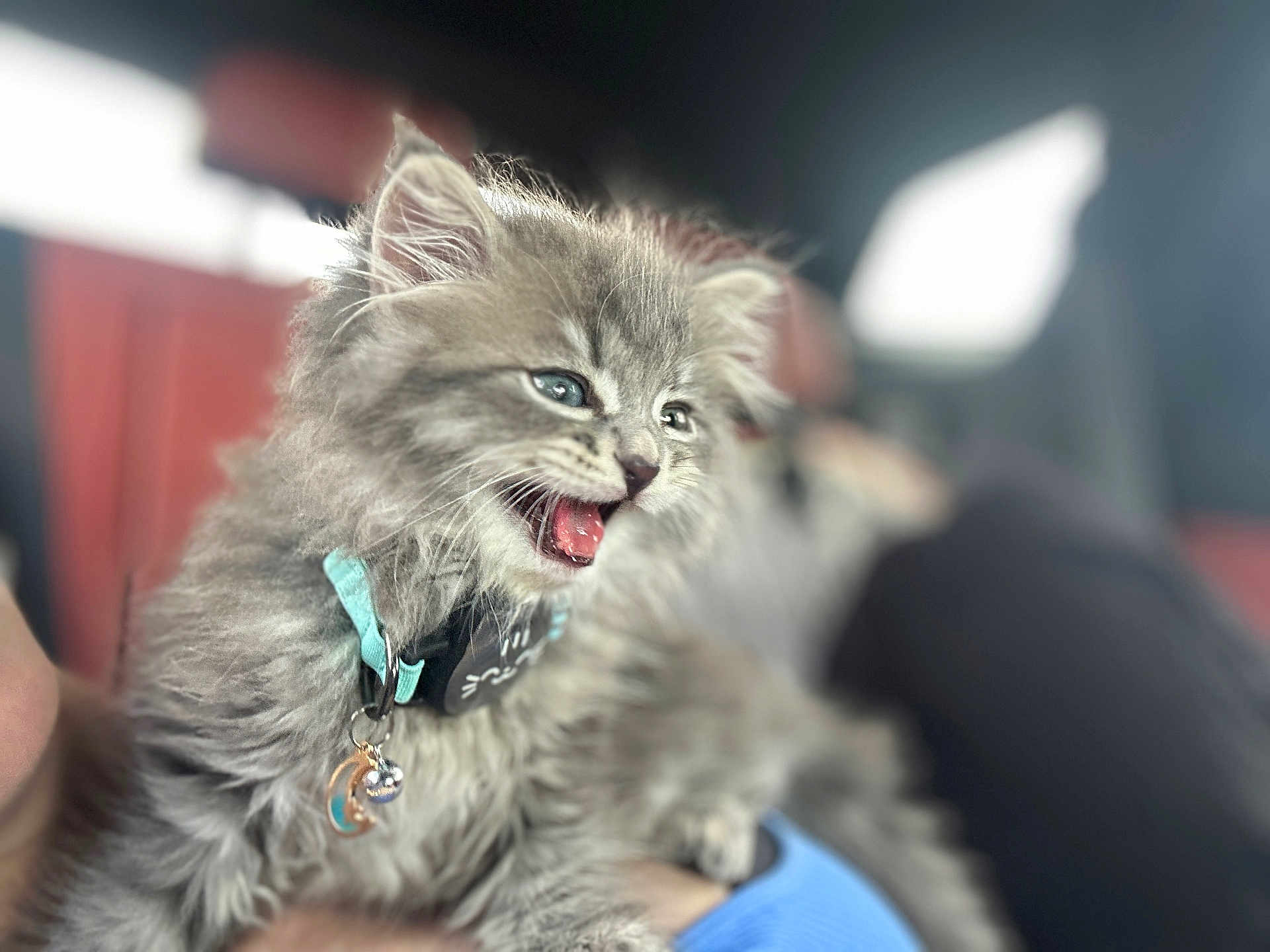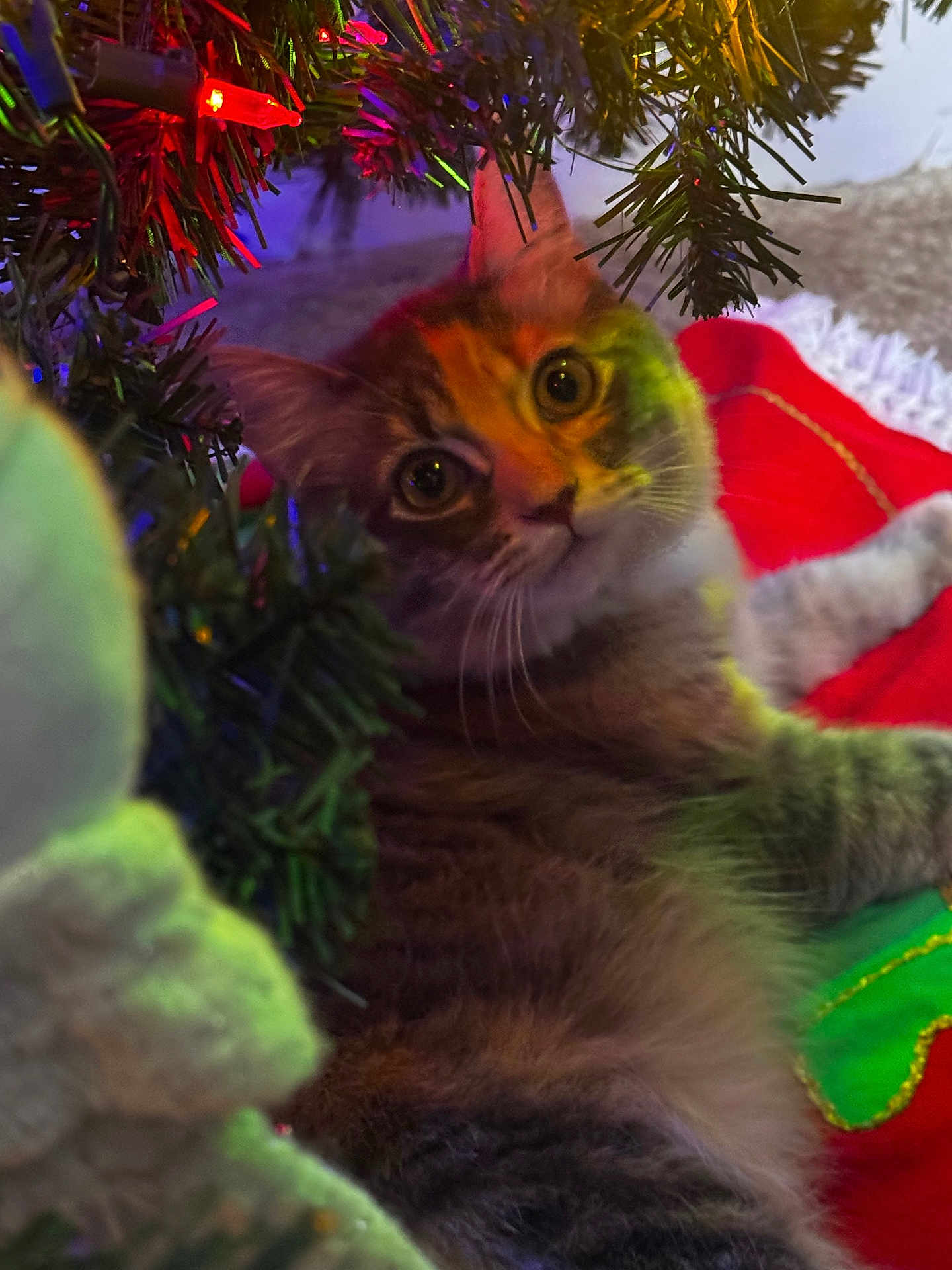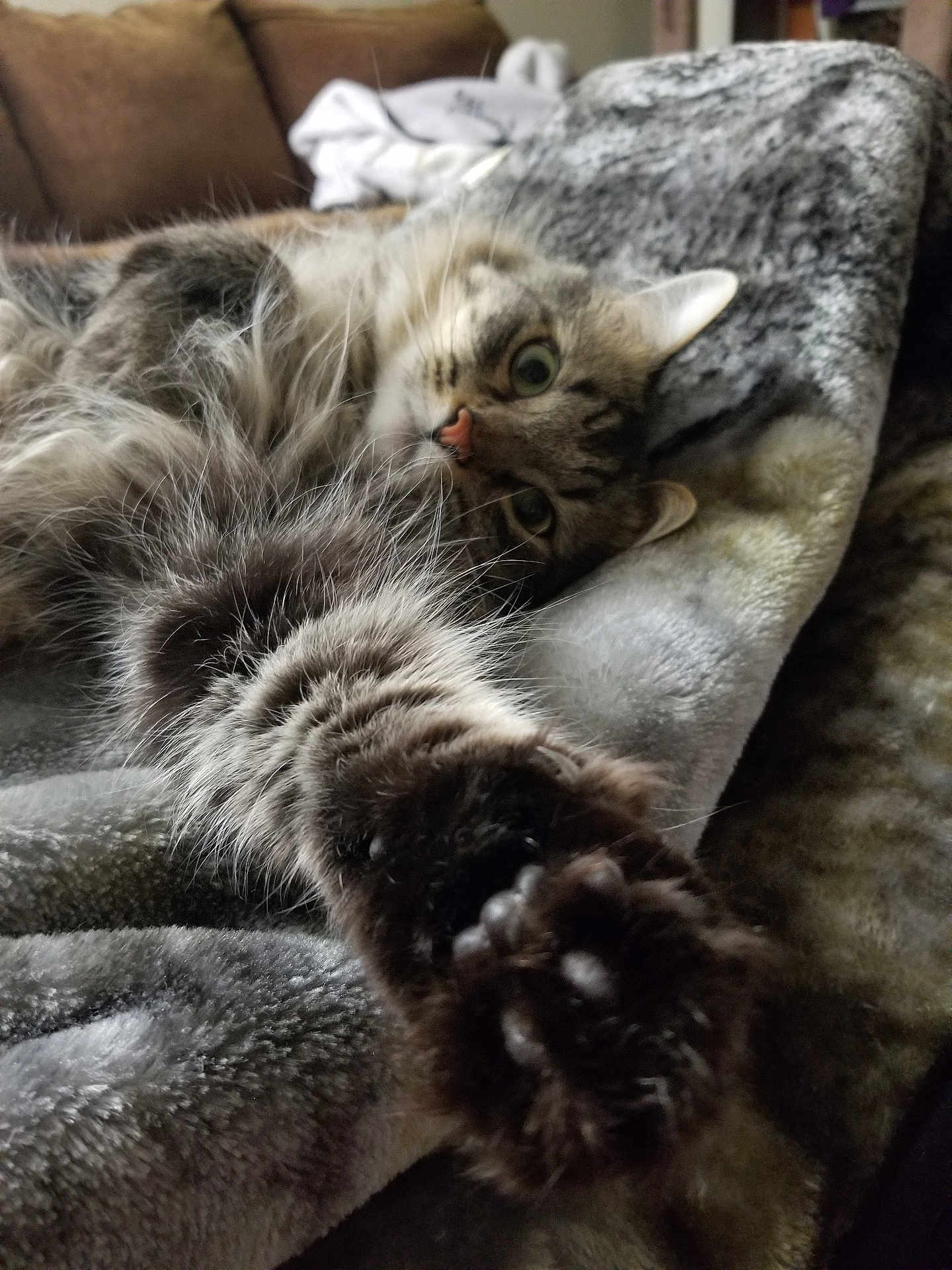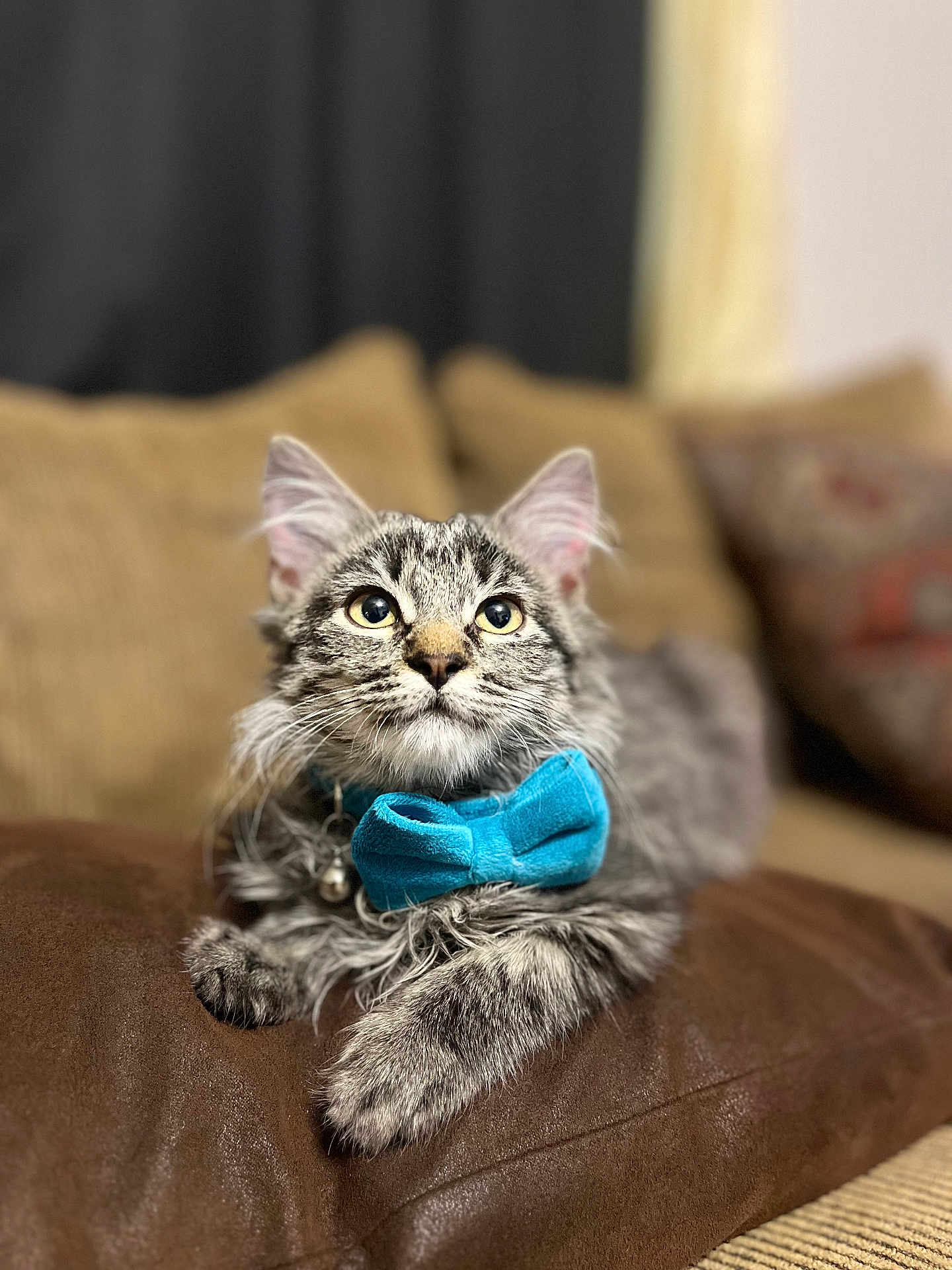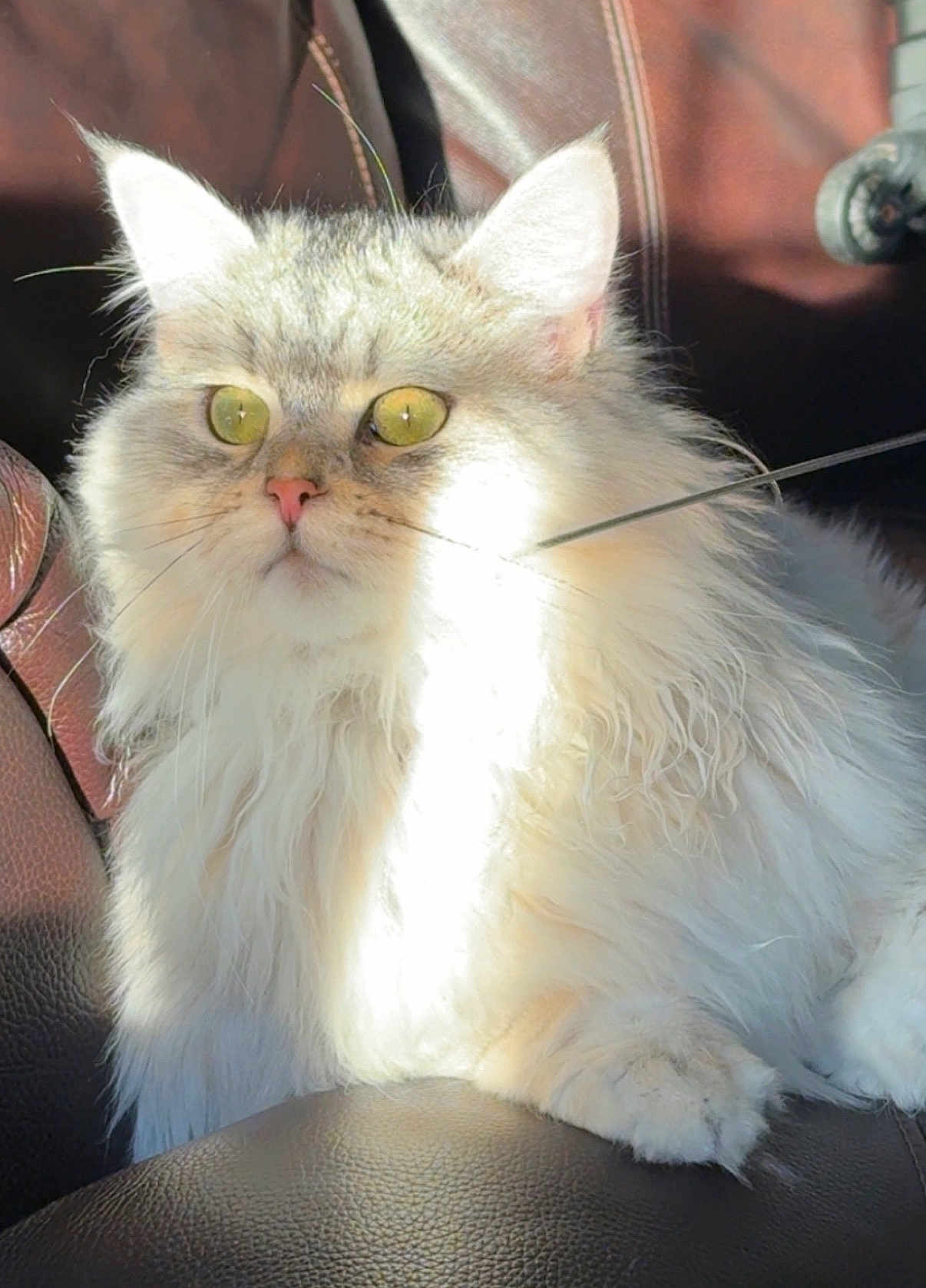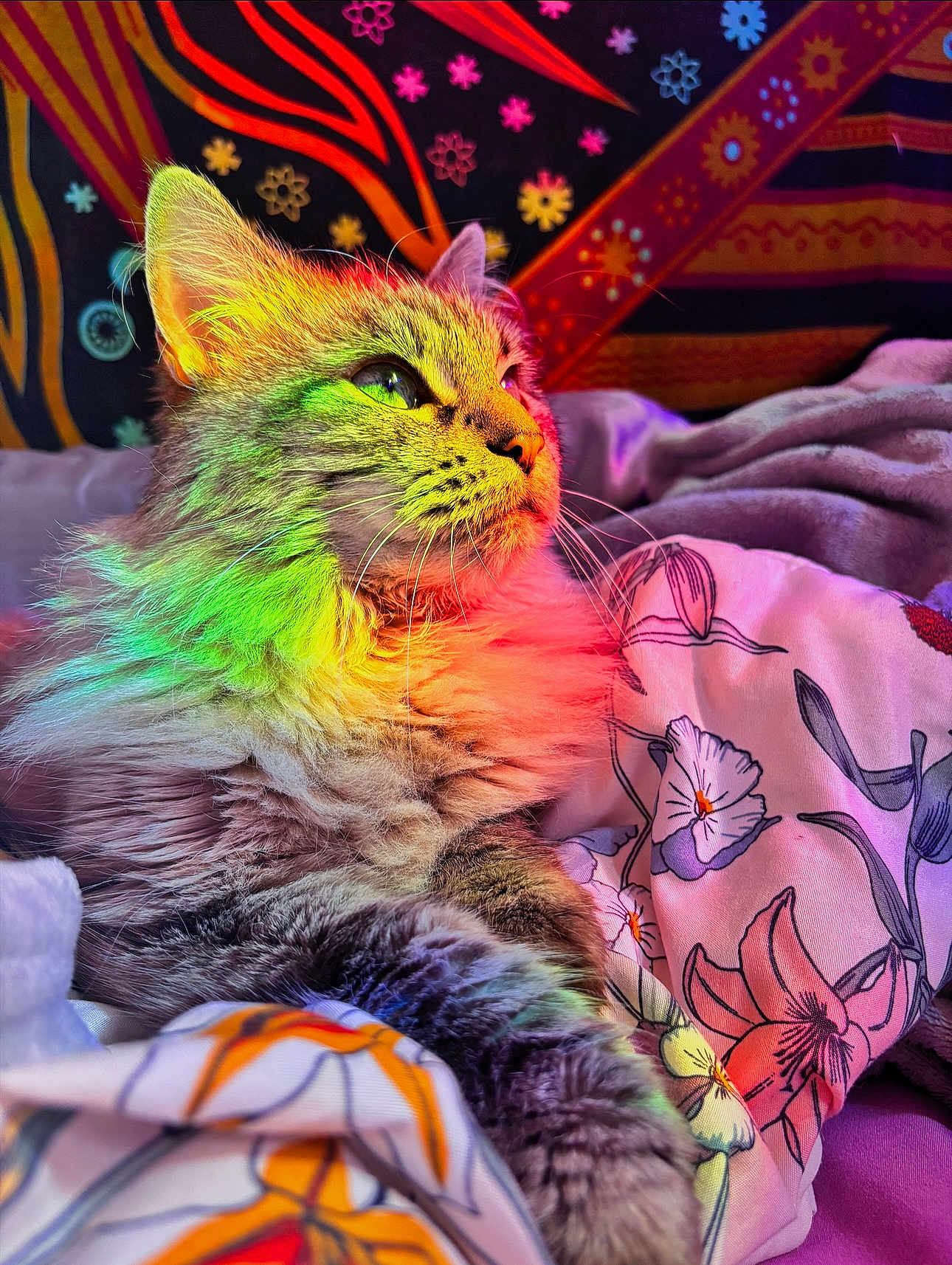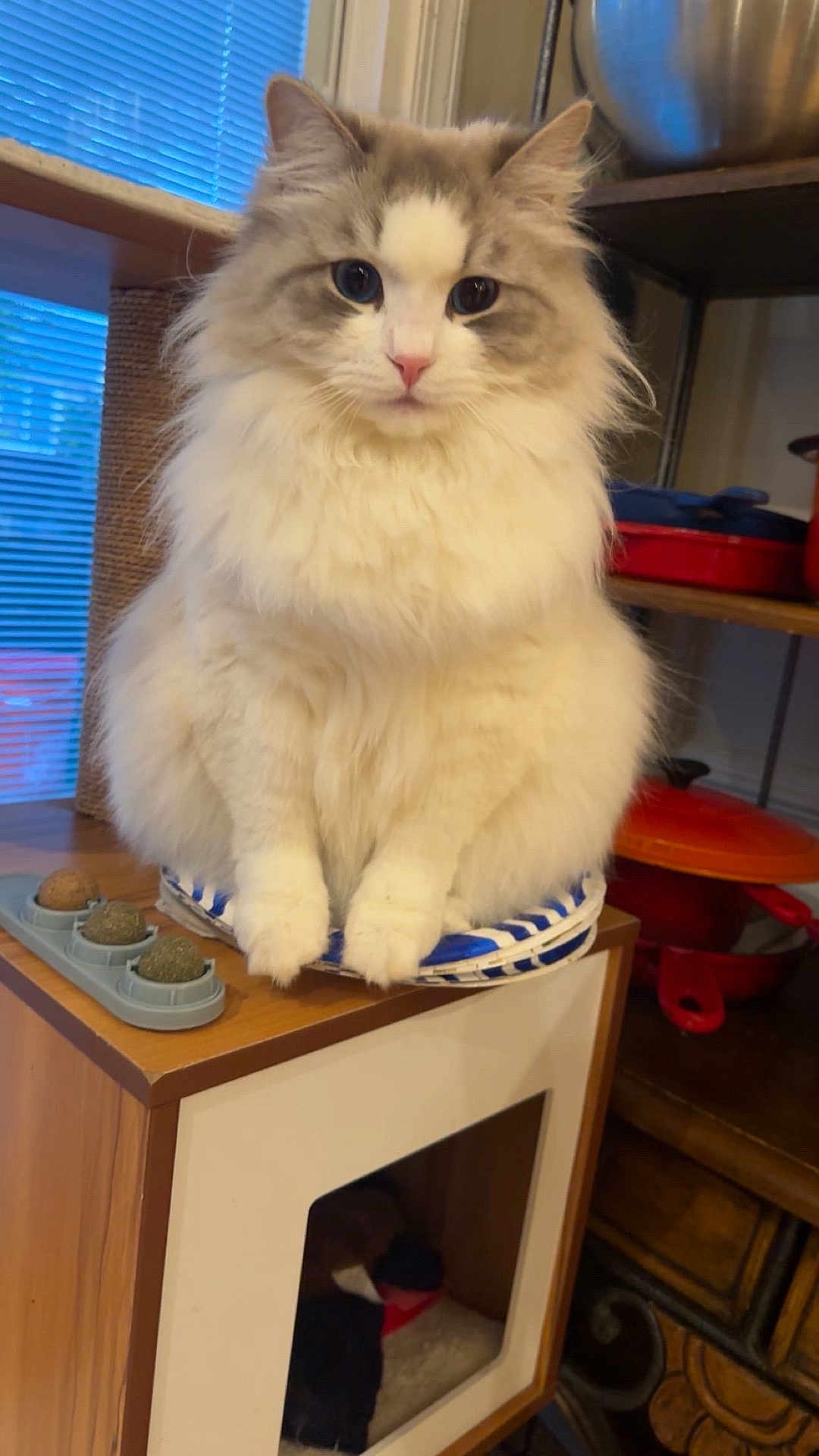
"The Siberian cat is an ancient breed, known for its luxurious coat and captivating eyes, often hailed as the national cat of Russia."
Diving into the world of cat breeds reveals a stunning array of personalities, histories, and unique traits. Among these, the Siberian cat stands out with its elegance, affectionate nature, and robustness. Whether you are enchanted by their mystical eyes or their history in the cold landscapes of Russia, Siberian cats offer much to admire and adore. This article will guide you through the fascinating facets of the Siberian breed, helping you understand their personalities, origins, popularity, care needs, and more.
Personality and Behavior of the Siberian
Siberian cats are renowned for their friendly and loving temperament. Their personalities are often described as dog-like because they tend to follow their owners around and show a high level of attachment. These cats crave companionship and do not enjoy being left alone for long periods. Their playful disposition makes them great companions for families with children or other pets.
Siberians are known for their intelligence and curiosity. They enjoy exploring their surroundings and can often be found perched on high shelves, observing their kingdom from above. This trait also makes them perceptive and quick learners when it comes to training or adapting to new environments.
One of the most remarkable aspects of the Siberian breed is their adaptability. They handle changes in their environment with grace and can thrive in both bustling households and quieter homes. The breed's robust and hardy nature allows them to cope well with colder climates, unlike some other feline breeds.
Siberians are also famous for their affectionate nature. They enjoy head-butting and purring next to their favorite people. This bond is further cemented by their vocal tendencies; while not overly loud, they communicate with a range of sounds, from soft chirps to melodious purrs.
"Despite their majestic appearance, Siberian cats are down-to-earth and friendly, making them excellent companions for various lifestyles."
Meanings, History, and Origins of the name Siberian
The name "Siberian" itself is a testament to the breed's rugged origins. These cats hail from Siberia, Russia, a region known for its severe winters and expansive wilderness. Over centuries, these felines adapted to the harsh conditions, developing their iconic thick, triple-layered coats that protect them from the cold.
In Russian folklore, the Siberian cat is often associated with magic and mysticism, believed to have protective qualities. They were also depicted as guardians of children and companions to Russian princes. Historical records suggest that the breed has been present in Russia for over a thousand years.
The Siberian breed was relatively unknown outside Russia until the fall of the Iron Curtain in the late 20th century. Since then, its fame has grown internationally, and these cats are now beloved around the world for their temperament and resilience.
The breed's historical significance is also tied to its role in Russian culture. They were popular in households and farms for their mousing abilities, keeping homes free from unwanted rodents. This practical role, combined with their affectionate nature, made them indispensable companions.
Popularity of the Siberian
The Siberian cat has seen a notable rise in popularity in recent decades. While traditionally limited to Russia, the breed has now captured the hearts of cat enthusiasts worldwide. In English-speaking countries, particularly the United States and the United Kingdom, their robust health and hypoallergenic properties have made them especially sought after.
In the United States, Siberians hold a prestigious place in cat shows and competitions. They are celebrated for their stunning appearance and agile movements. Their hypoallergenic coat is a significant draw for people who are typically allergic to cats but still yearn for feline companionship.
Similarly, in the United Kingdom, the Siberian has garnered attention and admiration within cat fancy communities. They have quickly become a favorite at breed shows, showcasing their elegant stride and powerful build.
Outside of English-speaking regions, the breed continues to be cherished in its homeland of Russia. Here, Siberians enjoy a status of cultural emblem, and their presence is a common sight in both rural and urban settings. Additionally, the breed is gaining popularity in Japan and parts of Europe, further cementing its global appeal.
Health and Care of the Siberian
Siberian cats are generally known for their robust health. However, like all breeds, they have specific health considerations. One of the most common genetic concerns for Siberians is hypertrophic cardiomyopathy (HCM), a condition that affects the heart muscles. Regular veterinary checkups and heart screenings are recommended to monitor and manage this condition.
The breed's dense fur requires regular maintenance to prevent matting and tangling. Weekly brushing is typically sufficient, although more frequent grooming might be needed during shedding seasons. Their coats are not only beautiful but functional, designed to keep them warm in frigid climates.
Dietary needs for Siberian cats are straightforward but should focus on high-quality protein sources to maintain their muscular build and energy levels. Fresh water should always be available, and a balanced diet tailored to their age, health status, and activity level is crucial.
Because of their active nature and curiosity, it's vital to provide Siberians with various forms of physical and mental stimulation. Interactive toys, climbing structures, and puzzle feeders can keep them engaged and happy.
Training and Education of the Siberian
Training a Siberian cat can be a delightful experience due to their intelligence and eagerness to interact with their human companions. They respond well to positive reinforcement techniques, such as treats, praise, and play. Basic commands, such as "sit" and "come," can often be taught quite quickly.
Litter box training is usually straightforward with Siberians, as they are naturally clean animals. Consistency and patience are key during the training process to ensure they understand the desired behaviors.
Socialization is another essential element when raising a Siberian. Exposing them to various people, pets, and environments from a young age helps in developing a well-rounded and confident cat. Given their friendly nature, early socialization can also prevent potential behavioral issues.
Enrichment is crucial for this breed. Their inquisitive nature means they thrive in environments where they can explore and learn. Challenging toys, new experiences, and even safe outdoor adventures can keep a Siberian mentally and physically stimulated.
Interestingly, Siberians are known to enjoy interactive water play, a somewhat rare trait among cats. Incorporating water-related activities can add an exciting dimension to their training and daily routine.
Choosing the right cat breed can be a deeply personal decision influenced by lifestyle, preferences, and even allergies. For those looking for a companion that is affectionate, intelligent, and adaptable, the Siberian cat offers an appealing blend of qualities. Their hypoallergenic properties and striking appearance only add to their charm.
In conclusion, the Siberian cat remains one of the most captivating breeds, balancing elegance and warmth with a storied history. Given their impressive participation in KingPet contests, it’s clear that many cat lovers are smitten by the Siberian’s allure. For anyone considering adding a Siberian to their family, they offer companionship, loyalty, and a touch of the mystical, making them a truly delightful choice.

